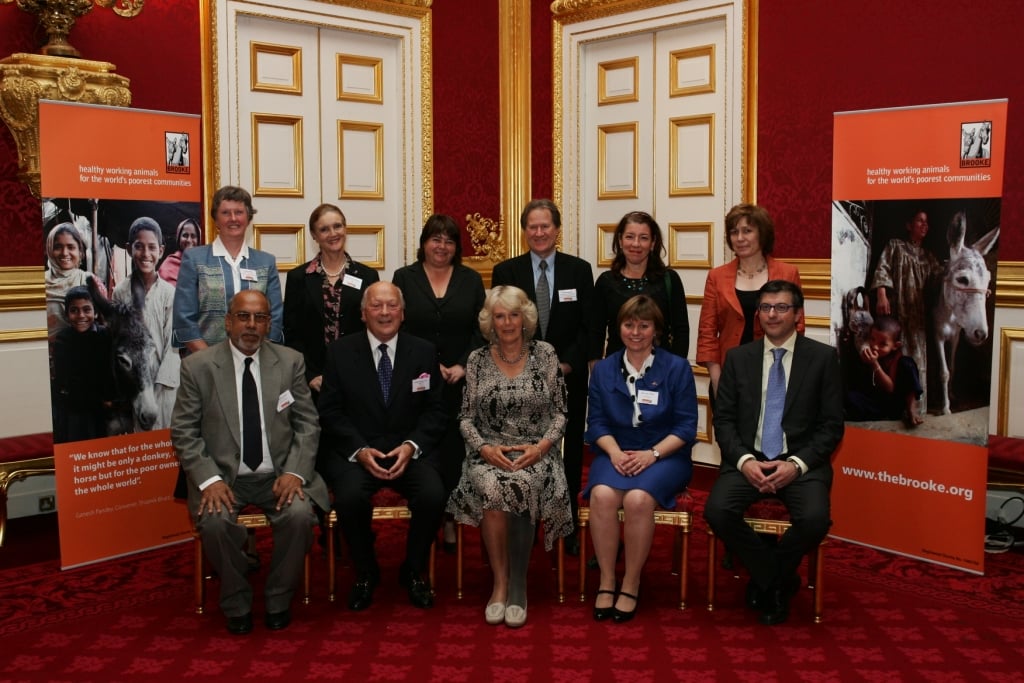Posted on August 02, 2010
The Expert Meeting was an important milestone for the Brooke Hospital for Animals as they kick-started a discussion on the importance of working equine animals within international development, poverty reduction and in the livelihoods of people with a wide audience
There are an estimated 100 million working equine animals in the developing world. While working equine animals play a key role in poor households, both for rural smallholders and for families running small urban transport businesses, they are largely invisible in international development policy and plans. They are also not included with other livestock in agricultural and food security discussions. Through this expert meeting the Brooke wanted to ensure that working horses, donkeys and mules are recognised for indispensable role they play in the lives of poor people, contributing to the alleviation of human poverty.
Speakers provided the audience with a grounded account of how improved equine animal welfare is already making a difference to the livelihoods of people in developing countries. In her presentation, Prof McCrindle emphasised the socio-economic value of working equids. She outlined current international animal welfare policies and showed how poor equine health and welfare can act as an inhibitory factor in poverty alleviation. Working animals play a key role rural access, food security and job creation globally but their status is low and relevant infrastructure, such as appropriate animal health service provision, is missing.
Prof McCrindle called for working horses and donkeys to be seen in the same way as local taxi transport service, needing good infrastructure and resources in order to work well, and in turn providing employment for the people who look after them and those who work in the supply chains for carts, harness, health services, animal feed and other provisions. She also discussed the importance of building the capacity of support systems such as farriery, veterinary services, feed supplies and others. According to Prof McCrindle, training should be relevant to each local environmental and socioeconomic situation. This creates employment by increasing demand for local, sustainable supply of services and resources.
During the panel discussion, questions and comments arose about practical ways forward to improve the policy environment for working horses, mules and donkeys. It included more research and the global One World One Health initiative which could provide a way to hitch the welfare of working horses, donkeys and mules to an existing initiative which is well supported by governments and donors.
The Brooke will also be hosting the 6th International Colloquium on Working Equids in Delhi from 30 November to 3 December 2010, an event that will bring together keynote speakers from the fields of international development, social science, human health and education to interact with veterinarians, animal scientists, project managers and field workers from the world of working horses, donkeys and mules.
Below: Prof Cheryl McCrindle, second from the left in the back row together with the other speakers and the President of the Brooke Hospital for Animals, HRH The Duchess of Cornwall (middle in front).

Copyright © University of Pretoria 2024. All rights reserved.
Get Social With Us
Download the UP Mobile App